Olymp Trade Withdrawal: Limit, Methods, Fees and ProblemsCody WallsOlymp Trade withdrawal has no

Olymp Trade Withdrawal: Limit, Methods, Fees and Problems

Forex has become an integral part of modern society’s structure. Even if you’ve never participated in forex trading directly, there are still some ways where you might have unconsciously been a part of it.
For example, a person traveling from the USA to Japan has to convert their USD to JPY to be able to cover their expenses there. This is the smallest form of fx trading in a sense.
Now imagine this taking place on a much larger scale. A scale that observes trillions of dollars worth of trade each day in currency exchanges. That’s the foreign exchange market.
In simple words, forex is the exchange of currencies all over the world. They are always traded in pairs such as the USD/JPY pair.
Futures, on the other hand, are said to be contracts that require two parties namely a buyer and a seller who enter a specific contract together.
One can say that futures are financial contracts that will either have you complete a purchase or a sale in the coming future.
Furthermore, fx futures or currency futures are said to be a way of representing what a foreign currency will be worth at a fixed point in the future.
Forex vs futures in an interesting subject that we will discuss in detail in this article while highlighting all the major differences between them.
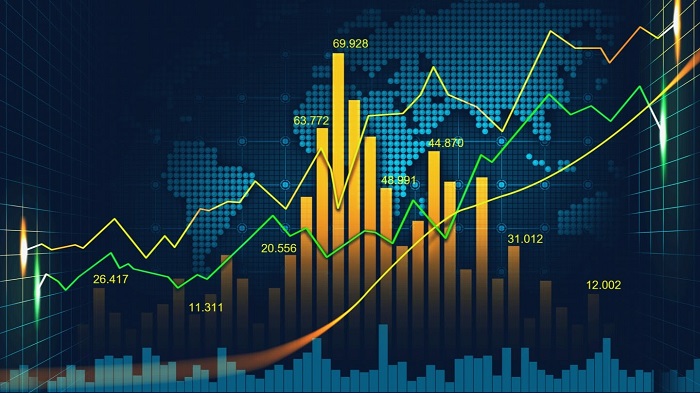
Source: https://www.greekshares.com/investing-education/trading-forex-vs-futures
The word forex is the simplified word for the foreign exchange marketplace which is one of the largest international marketplaces in the whole world.
The foreign exchange market has no fixed central location.
That means that the forex market is open every hour of the day worldwide. However, the market is closed on the weekends and every national holiday.
Forex traders choose currency pairs such as USD/AUD which is the pairing of the US dollar with the Australian dollar. The trader will sell the USD currency and buy the AUD currency at the same time.
Forex traders have a variety of currency pairs to choose from. These currency pairs have been divided into categories called the major currencies and the minor currencies.
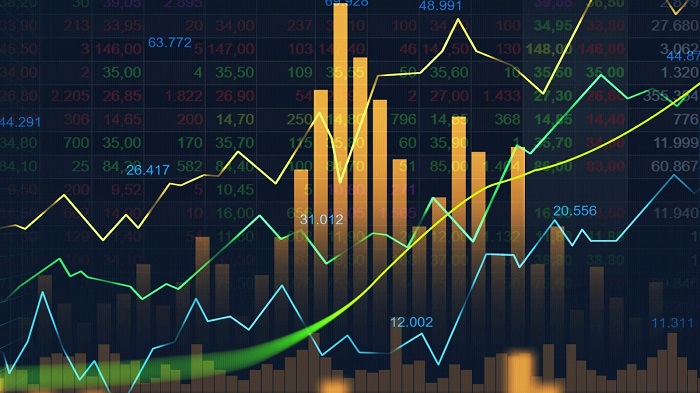
Source: https://ventsmagazine.com/2019/12/04/the-best-online-business-trading-softwares-to-earn-money-in-short-duration/
The fx market is heavily influenced by the major currency group as these currency pairs are said to be the most liquid ones. Their high liquidity makes them the ideal currencies for short-term traders.
Prominent major currency pairs include EUR/USD, USD/JPY, NZD/USD, GBP/USD, USD/CAD, AUD/USD, USD, CHF, and GBP/USD.
You must have noticed that all of these pairs have a common currency which is the US dollar.
This is because USD is the world’s reserve currency and it plays a major role in a significant percentage of all trades on the foreign exchange market.
Similarly, there is another category of fx currency pair that is called the minor currency pair group.
The minor currency pairs are EUR/GBP, EUR/CAD, GBP/JPY, CHF/JPY, NZD/JPY among a few others.
Furthermore, there is also an exotic category of forex pairs as well. These currencies are said to be not so liquid therefore they are avoided by most traders.

Source: http://stockmarketsuccess101.blogspot.com/2016/09/day-trading-in-stock-market-is-it.html
Many small or big traders often use futures contracts to lower their risk by fixing a price for a future date.
These risks arise due to the highly volatile conditions of commodities such as oil that keeps fluctuating which in turn creates uncertainties for the traders.
Similar to forex, traders can choose to go in for long positions or short positions while trading futures.
Traders often look for the most liquid contract when they are looking to get into futures contracts trading.
Furthermore, futures also has a place in forex trading which we will explain in the section below.
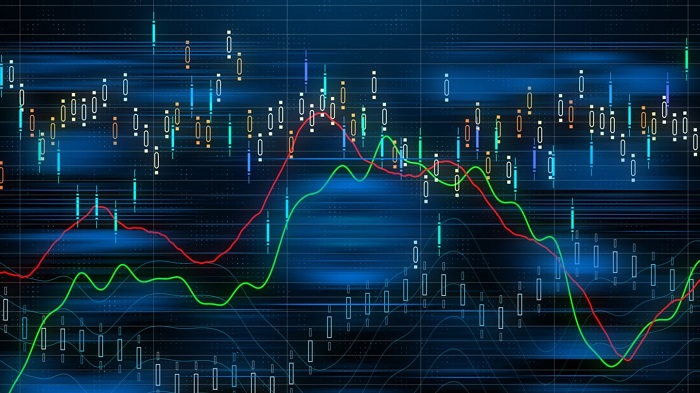
Source: https://admiralmarkets.com/education/articles/trading-software/best-automated-forex-trading-software
In currency futures, traders look to trade their viewpoints on the vitality of the economic stability of the different countries around the world.
Also, fx futures are somewhat of a representation of the various foreign countries’ currency in the US dollar at any given point of time.
Just like the currency pair categories in forex, forex futures also have different categories of fx futures contracts that are available to all traders.
They are:
1. Euro FX which is denoted by the symbol 6E.
2. British Pound which is denoted by the symbol 6B.
3. New Zealand Dollar which is denoted by the symbol 6N.
4. Swiss Franc which is denoted by the symbol 6S.
5. Japanese Yen which is denoted by the symbol 6j.
6. Canadian Dollar which is denoted by the symbol 6C.
7. Australian Dollar which is denoted by the symbol 6A.
Forex futures may not have exotic currencies but it does have upcoming ones which are: Mexican peso (6M), Russian ruble (6R), as well as the Brazillian real (6L).
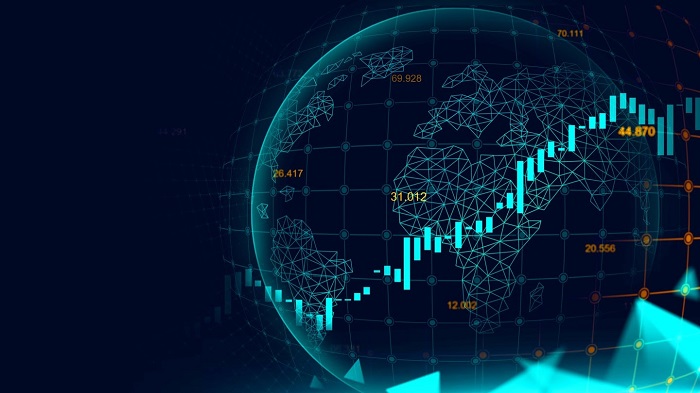
Source: https://admiralmarkets.com/education/articles/general-trading/cfds-vs-futures-trading
After getting to know the difference between forex and futures, you must be wondering which one is the best. Forex vs Futures is a legitimate question if you think about it.
The answer to the question, however, lies in the needs, requirements, and capabilities of the trader in question.
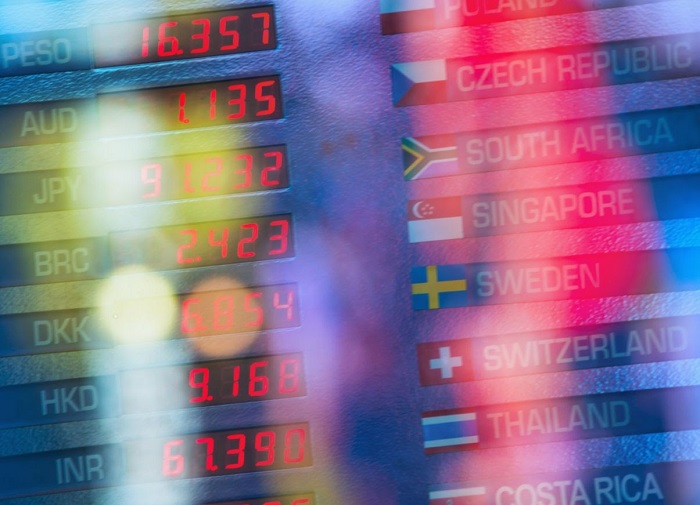
Source: https://admiralmarkets.com/education/articles/general-trading/cfds-vs-futures-trading
Forex is extremely liquid and it virtually has no expiry date. In addition to that, they are available for a variety of instruments.
Furthermore, forex is completely decentralized and monitored by various bodies that ensure that the trading experience is fair for everyone.
The downsides of forex are simply a lack of transparency and its interest price. The volatile conditions of the market also play an important role in its cons.
Extreme volatility has been known to occur in this particular marketplace which has lead to heavy losses for traders in the past.
On top of all that, determining the prices of foreign currencies can be tough and it will require the fx trader to be up to date with all relevant news about the country.
When it comes to futures, they have good features such as no carry costs and prices that are up-front. This makes futures the ideal choice for hedging.
Speculators have also been known to be able to borrow huge amounts of money so that they can trade futures.
The market is also very liquid much like the foreign exchange which further adds to the appeal of trading futures.
The cons of futures are contract expirations as well as the problem of overnight pricing.
Due to this, futures are often considered riskier than forex in terms of trading. There are a few good reasons for that statement.
The ability to borrow large amounts also adds to the risk of trading futures. If the losses are huge then the trader runs the risk of going into debt.
Traders should note that every instrument in trading or any marketplace that gives them an opportunity to trade has its unique advantages as well as disadvantages.
A little research will have to be done if you want to find out which one suits your trading style the best.
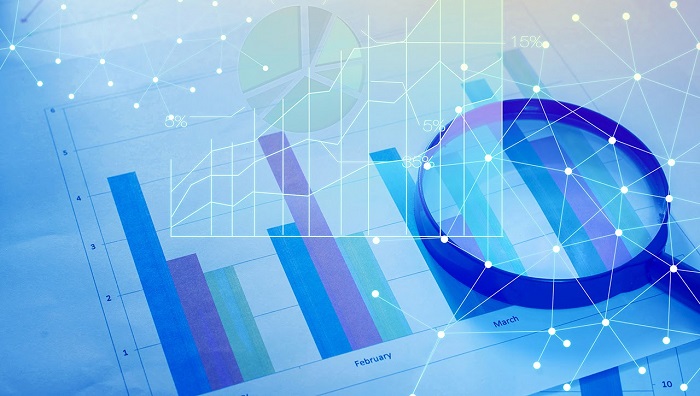
Source: https://www.corelogic.com/landing-pages/fact-act.aspx
Forex vs futures is not a one-sided win for either of the two. We have shown you that forex has the upper hand in some scenarios while futures has the upper hand in other scenarios.
Both are rewarding and risky depending on your strategy so it is advised to take your time and test out the best trading strategies and tactics you can get your hands on.
Related Articles

Olymp Trade Withdrawal: Limit, Methods, Fees and Problems
Olymp Trade Withdrawal: Limit, Methods, Fees and ProblemsCody WallsOlymp Trade withdrawal has no

Can You Get Rich by Trading Forex? – Honest Breakdown
Can You Get Rich by Trading Forex? - Honest BreakdownCody WallsWhenever someone
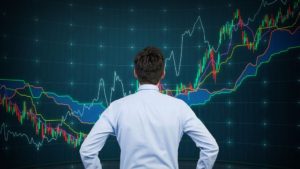
Forex Trader Salary: How Much Do Average Currency Traders Make?
Forex Trader Salary: How Much Does An Average Currency Trader Make?Cody WallsA